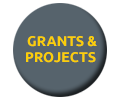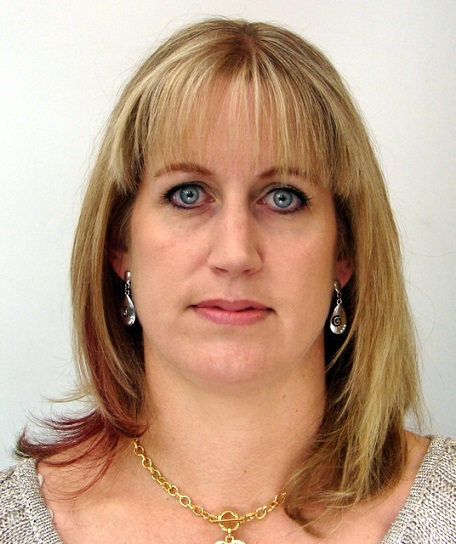Interview with Masters Student Sarah Lillas
Rehabilitation Teaching & Research Unit (RTRU), School of Medicine, University of Otago
Impact of fatigue after a traumatic brain injury: a client perspective
POSTED: 3 July 2017
Can you describe your particular passion and why you are researching?
I have been working as an Occupational Therapist in the area of neurology throughout my career. I am drawn to the complexity that this client group can present with and having to really engage with them to determine how to manage their difficulties as holistically as possible. Fatigue is such a common difficulty experienced in neurological conditions, especially Traumatic Brain Injury.
There is no research on how to manage this effectively so I am passionate about adding to the evidence in this area.
Why are you doing this particular research?
I am doing this research as part of my masters of health science endorsed in rehabilitation.
What is involved – describe the work, who you work with, where and how long it will take?
I have been doing this part time for the last 2 years and am due to hand my thesis in in August 2017. I have supervisors that I connect with fortnightly (one in Wellington and one in Dunedin) through the University of Otago. I am based in Hamilton so all my learning is distance and can be mixed with my responsibilities as a mother and worker.
What is exciting you in what you are discovering?
I have found a lot of similarities with what is clinically practiced currently, but it is shaping into more of an ordered approach that could be useful clinically.
What do you hope to achieve?
I hope that I can add some good evidence to fatigue management with Traumatic Brain Injury.
What are your hopes beyond this research for the future of the study?
Currently, I am focusing on my Masters. The balance in life doing this is difficult so contemplating my PhD is hard at this stage, but I would like to consider doing this in the future.
See all of the recipients of the 2017 first funding round here.




